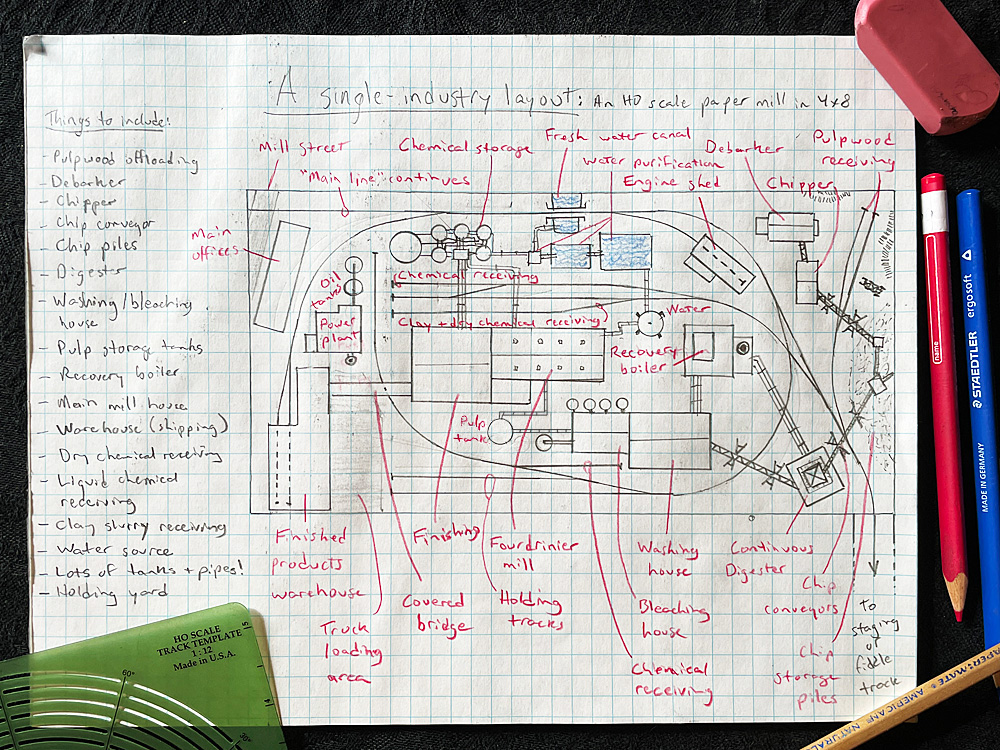
Modelers often compress industries to fit more of them on our model railroads. But doing the opposite – expanding a modeled industry to prototypical proportions – can create an intensely realistic operating experience that can’t be matched. Let’s explore that idea with a 4×8 HO scale paper mill layout. Some industries are just too large and […]
Read More…
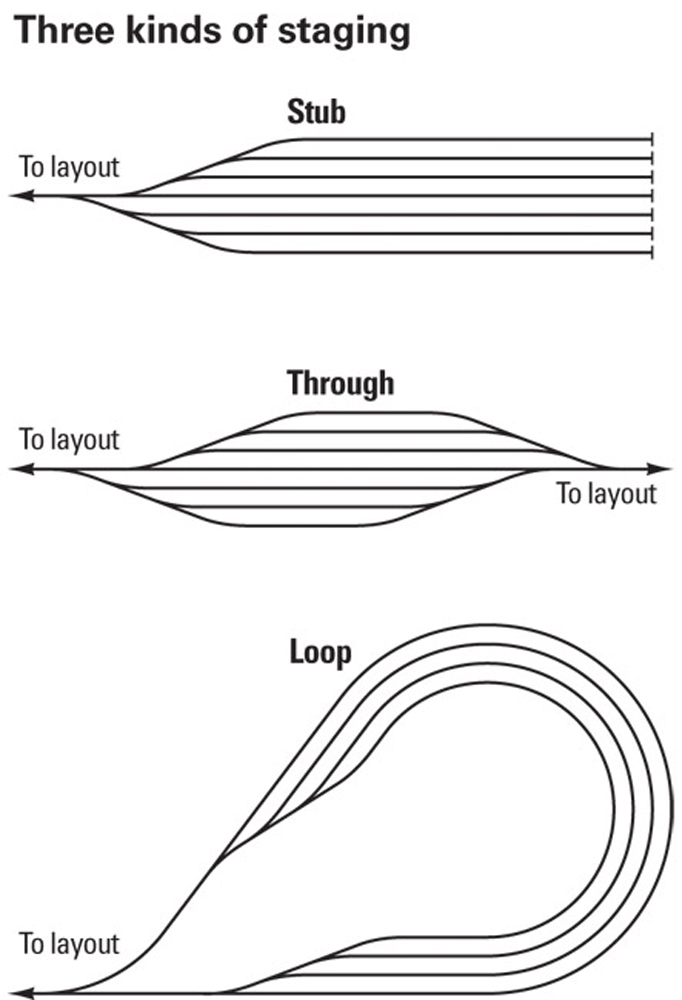
Three types of staging yards: Staging serves the role of representing a model railroad’s connections to the rest of the world. Different kinds of staging, though, perform differently. Using staging yards to represent “beyond the layout” connections is widely accepted among model railroad operators. There’s no better way to foster the illusion that a model […]
Read More…
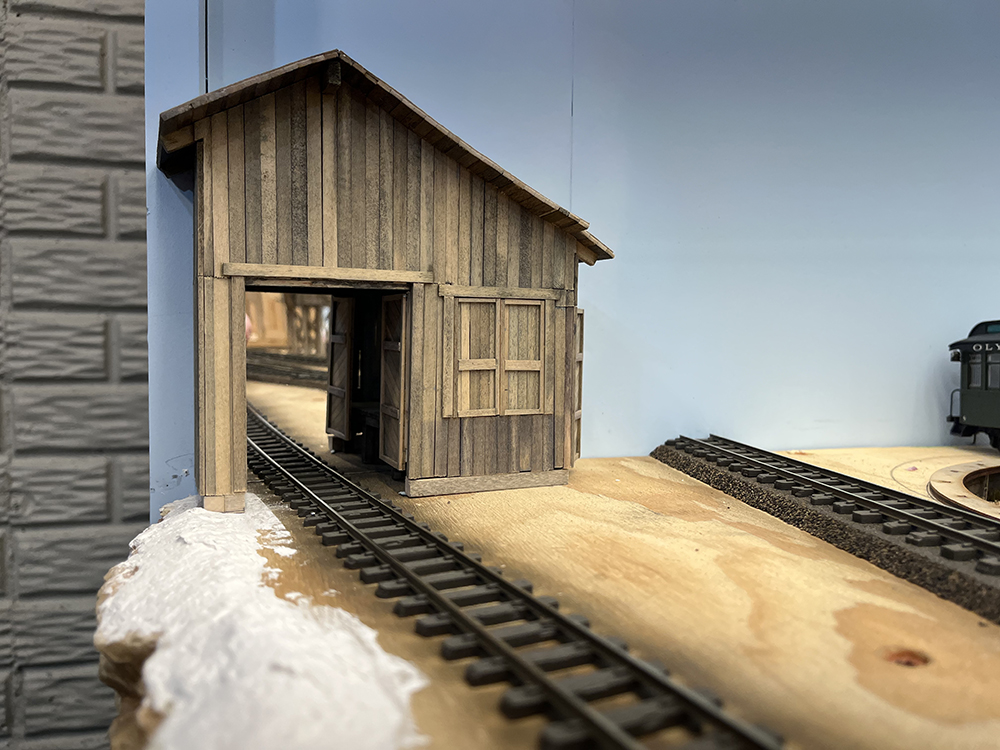
Add depth to structures using mirrors: In working on the addition to my On30 Olympia & Sand Creek layout, I’d decided to add a building flat at one end to represent a warehouse. The flat is about 3” deep and angles away from the viewer slightly so it can sit 90-degrees to the track that […]
Read More…
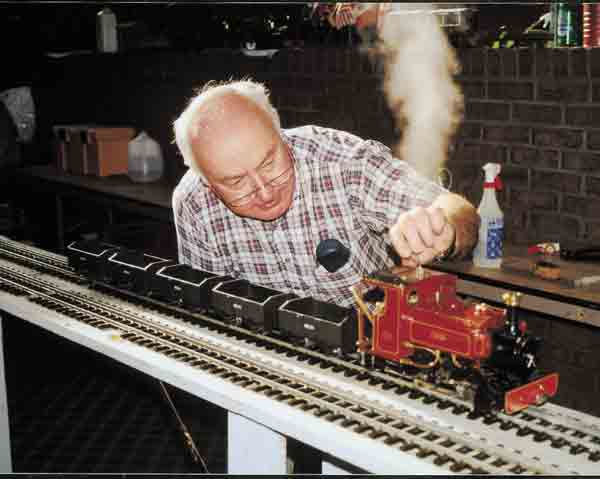
Common questions about live steam locomotives: At model-train shows and garden-railway open houses, live-steam locomotives always seem to gather a crowd of interested onlookers. Our small steam locomotives are new to many people and questions naturally arise. I thought it would be worthwhile to answer some of the most common questions for those of you […]
Read More…
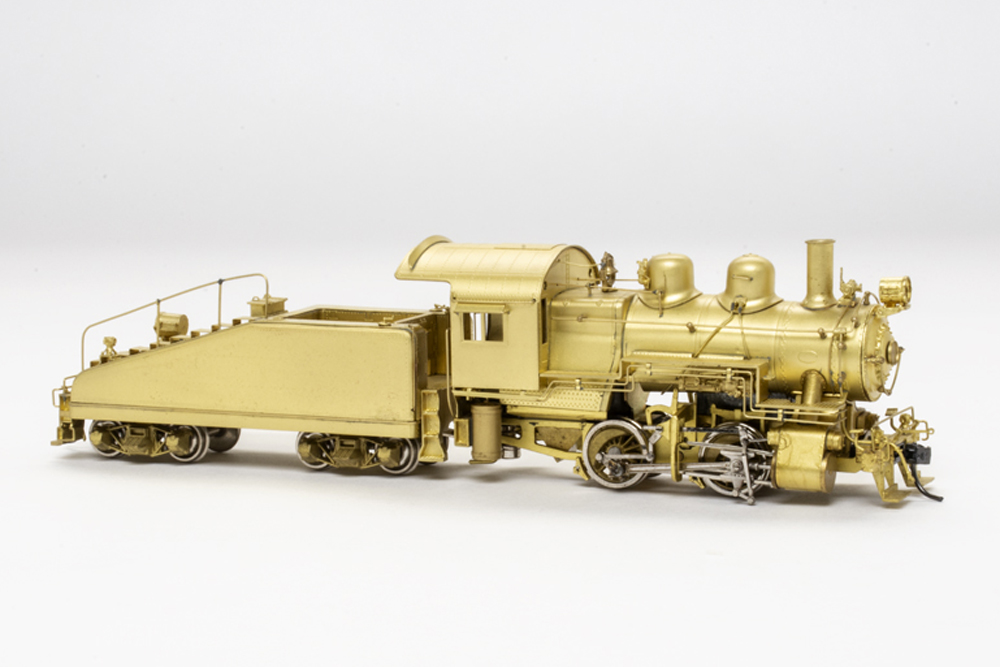
Brass engine disassembly basics: When I was a kid, I’d go to the local hobby shop and drool over the brass steam locomotives in the glass display case near the cash register. I’d seen most of them in the Pacific Fast Mail advertisements that used to grace the back cover of Model Railroader, and here […]
Read More…
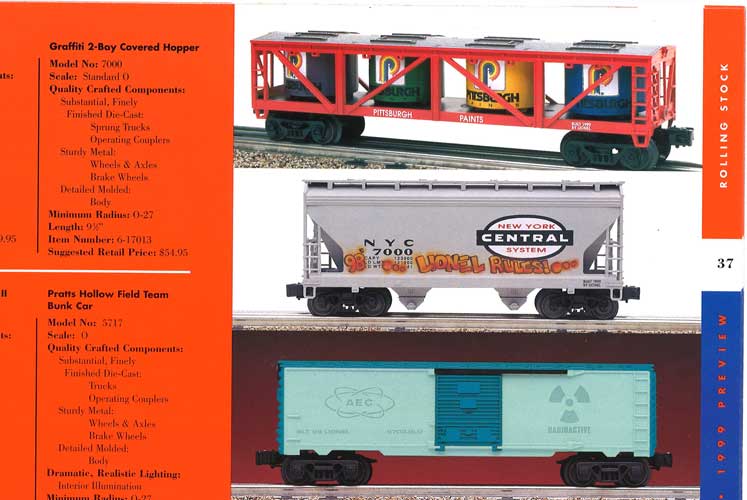
Graffiti on O gauge trains typically has a polarizing effect: One either loves or hates it. But there’s no denying the painting on model subways, rolling stock, and even diesel locomotives can make contemporary equipment come to life. Items produced and marketed by Lionel, along with some developed by Atlas O and MTH Electric Trains, […]
Read More…
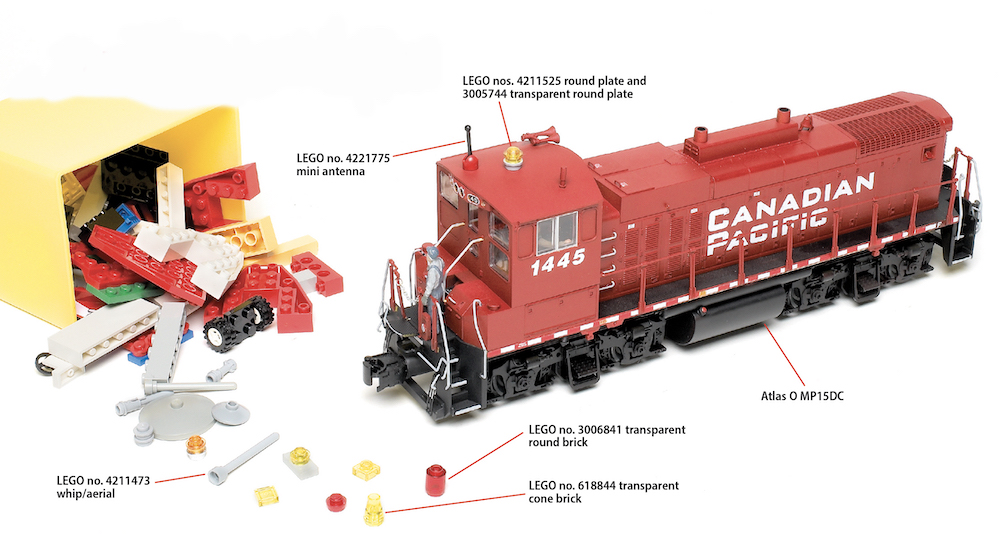
From CTT’s editorial page to Collectible Classics, I’ve spouted on about how the world’s greatest hobby, model railroading, has and will continue to influence my life and leisure. Unfortunately, that influence hasn’t (yet) extended to my young son, Theo. Instead of toy trains, he’s currently consumed by all things LEGO – those interlocking plastic building […]
Read More…
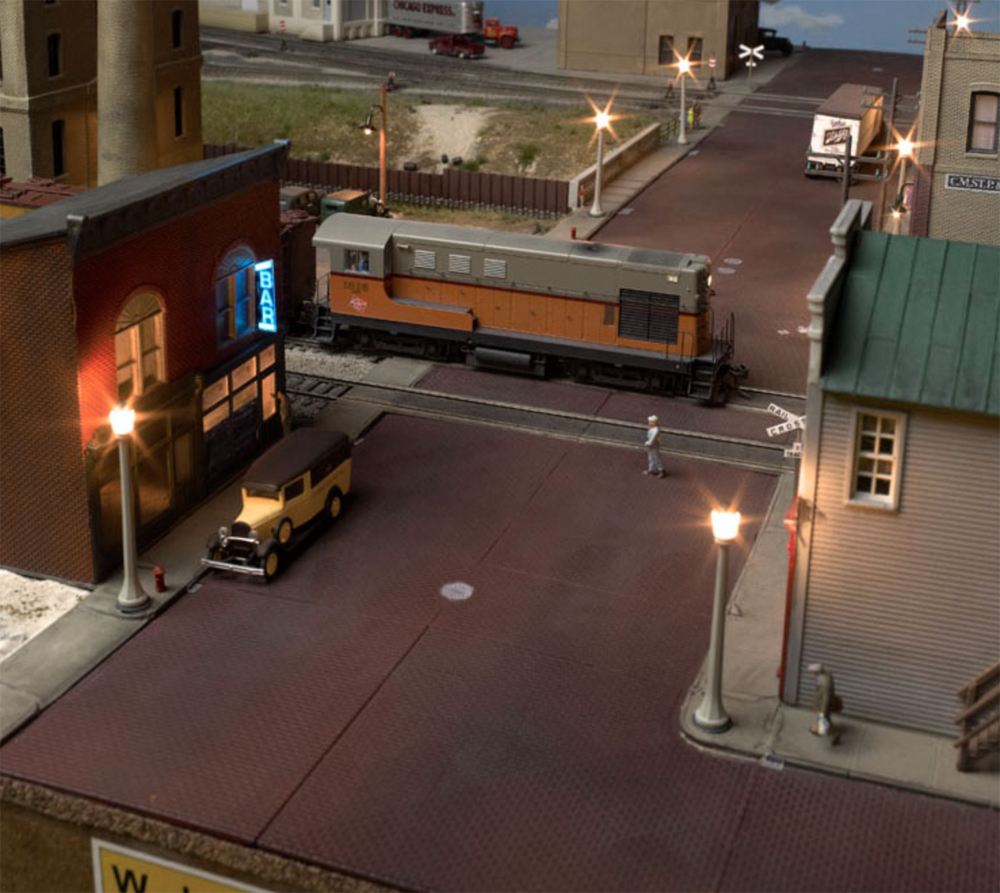
Trains.com Director David Popp shares 11 easy urban lighting tips to help model railroaders learn to light their layouts for nighttime operations. As if model railroads aren’t cool enough by themselves, adding miniature lights to the streets, buildings, and automobiles on your layout can make it so cool it glows – literally! Recently, I […]
Read More…
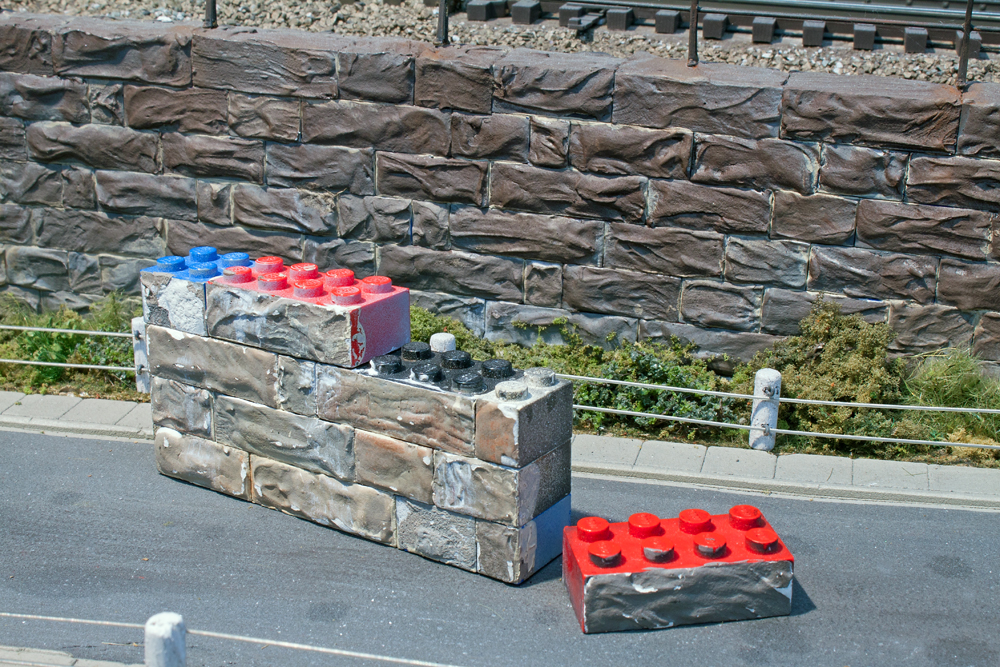
Five model railroad uses for Lego. My wife and I have two kids who are enthusiastic about Lego. We enjoy watching the creations they make straight from the box and share in their joy when they make new creations by rebuilding sets. And, like many of you, we’ve also felt the pain of stepping on […]
Read More…
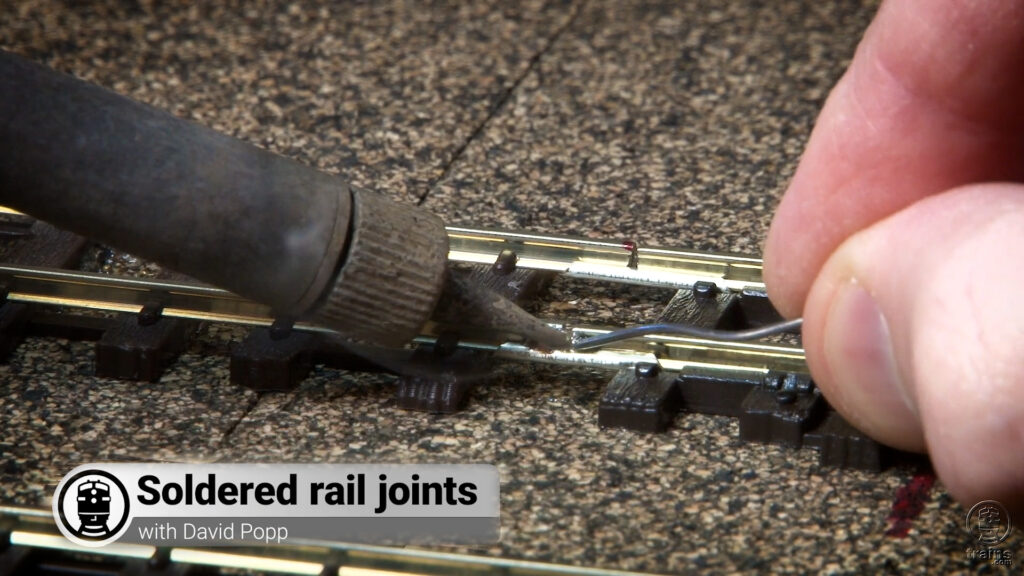
Working with rail joiners is difficult for many model railroaders. Rail joiners are the weakest electrical connection on any given model railroad layout. When tightly fit, rail joiners serve as fine electrical conduits. However, over time, rail joiners tend to expand and loosen, which results in worse electrical conductivity. However, better rail joiners are possible. […]
Read More…
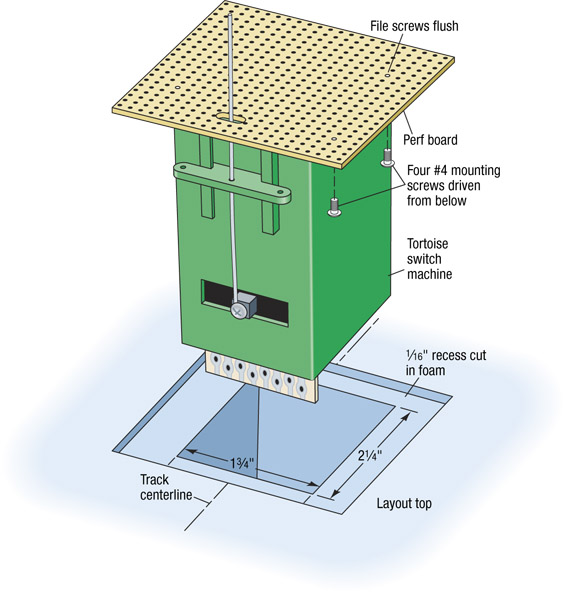
Managing the installation of a Tortoise switch machine on my layout’s two-inch thick foam baseboard has been challenging. I tried the hook-and-loop fastener solution explained in the October 2005 Model Railroader but didn’t like the wobble or the actuating wire’s long reach through the foam board. After some experimentation, I’ve developed the mounting method that’s […]
Read More…
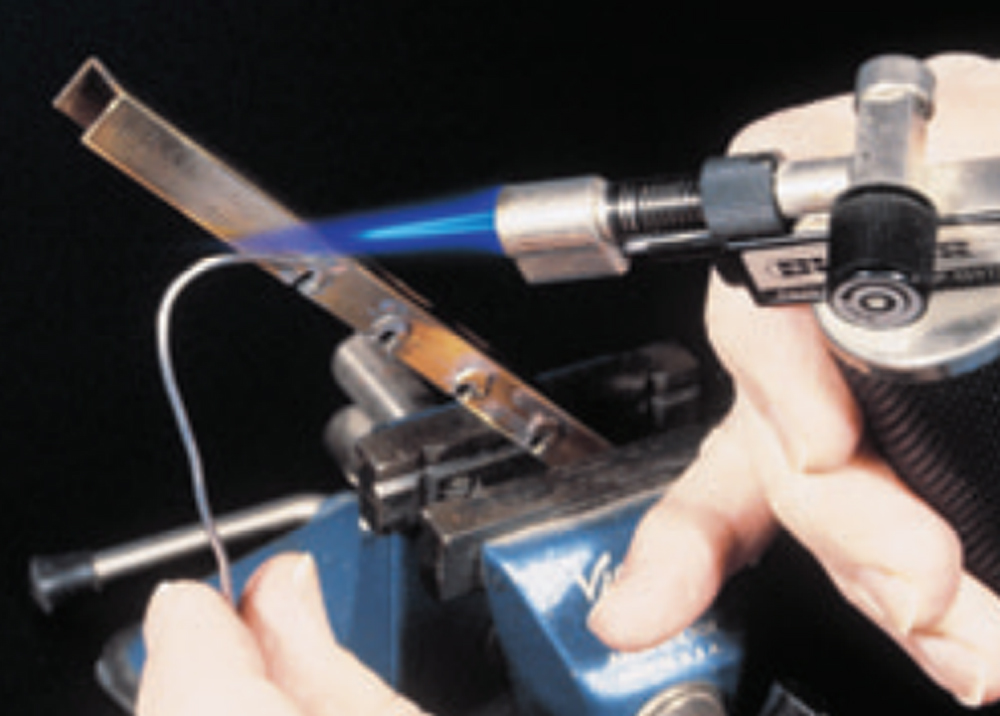
The lost art of soldering was once an important skill for model railroaders. Until the mid-1970s, knowing how to solder was essential for anyone who wanted to scratchbuild or detail locomotives and cars or assemble sheet-metal structures. By 1980, new adhesives came into use, including two-part epoxies, the various cyanoacrylate adhesives (CA), and effective contact […]
Read More…












